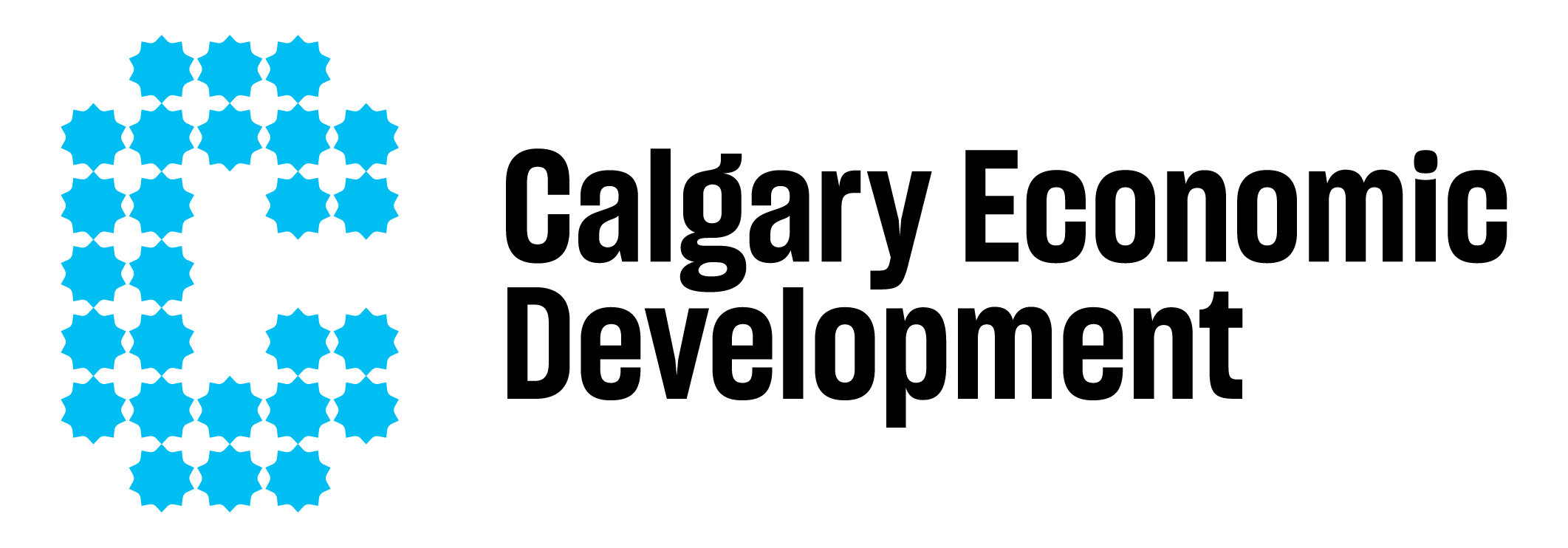Joel Schlesinger © Postmedia Network Inc.
Reconciliation is increasingly important to Canadians seeking to acknowledge the truth of Canada’s relationship with Indigenous peoples.
The spirit of this journey is particularly meaningful for one of the country’s largest energy companies.
“Reconciliation is embedded in how we do business,” says Trent Zacharias, director of Community and Indigenous Affairs at Cenovus Energy, headquartered in Calgary.
Besides being a Canadian corporation with a responsibility to show leadership in relationships with Indigenous peoples, Cenovus sees a significant economic facet to reconciliation.
“We have a lot of interaction with Indigenous communities,” says Zacharias, who’s worked for almost two decades with teams across Cenovus to build relationships with First Nations and Métis peoples. “After all, most of our operations in Canada are adjacent to or on Indigenous land.”
In an era where Canadians and corporations are focused on ESG (environmental, social and governance) issues, Cenovus has made Indigenous reconciliation one of five ESG focus areas, with measurable targets.
One example of this commitment is Cenovus’s target to spend a minimum of $1.2 billion with Indigenous businesses between 2019 and year-end 2025. That’s likely to be achieved ahead of schedule, while those economic ties will deepen over the coming decades, he adds.
This initiative, among others, is a key piece of Cenovus’s broader effort to achieve Gold Certification in Progressive Aboriginal Relations from the Canadian Council for Aboriginal Business.
“All of this speaks to the importance of making measurable and significant commitments to Indigenous people, which is part of our ESG performance, and to firmly embed Indigenous reconciliation into our company’s plans,” Zacharias further explains.
Cenovus’s efforts are gaining traction with Indigenous partners. Case in point is the energy company's recent invitation to participate in the Sustaining Partners program of the First Nations Major Projects Coalition.
“We’re the only oil and gas company in Canada invited to participate,” Zacharias notes.
That is due, in part, to a variety of projects, including a multi-million-dollar initiative to build housing in Indigenous communities.
In 2020, Cenovus made a $50-million commitment to build up to 200 homes in six Indigenous communities near its Christina Lake and Foster Creek oil sands operations.
Additionally, Cenovus has spent about $4 billion with First Nations and Métis businesses and communities over the past decade, while supporting career development for Indigenous youth through organizations such as Indspire.
Although Cenovus’s reconciliation efforts have been impactful, more work remains, Zacharias adds.
“Reconciliation is a complex and important journey,” he notes.
This story was created by Content Works, Postmedia’s commercial content division, on behalf of Calgary Economic Development.

